Ramo Pro Cycling Training Camp
Contributing to a Cycling Revolution in Saudi Arabia
Mission Statement
It is hoped that the Ramo Pro Cycling Training Camp can help to inspire Saudi's in the field of cycling, by introducing new experiences and expanding knowledge, leaving its fingerprint wherever the training camp goes. Like a pebble dropped into a lake, it is hoped the cycling message will spread from its source to other areas in Saudi and beyond.
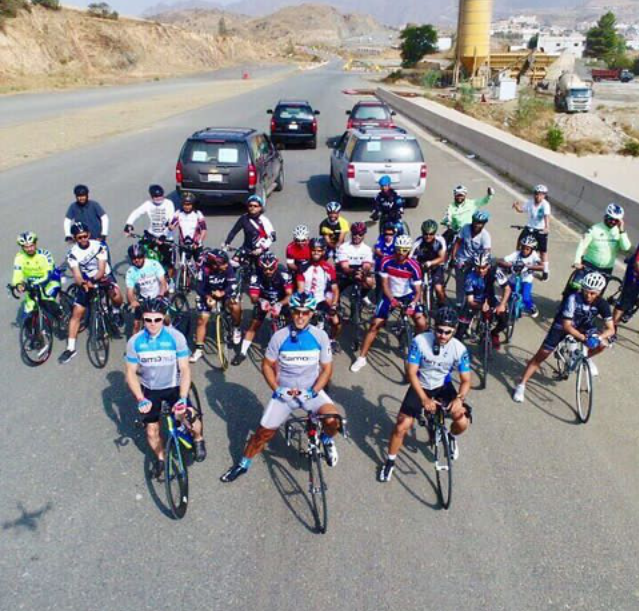
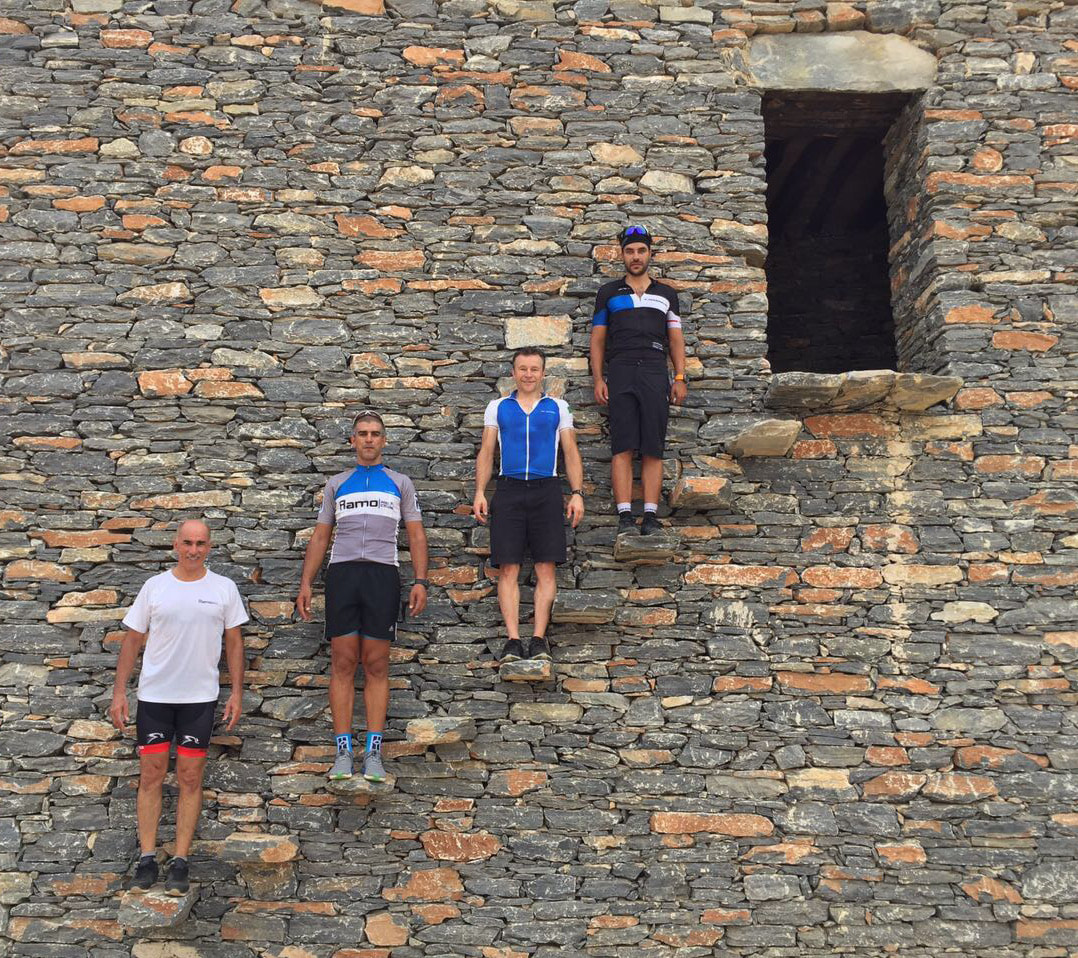
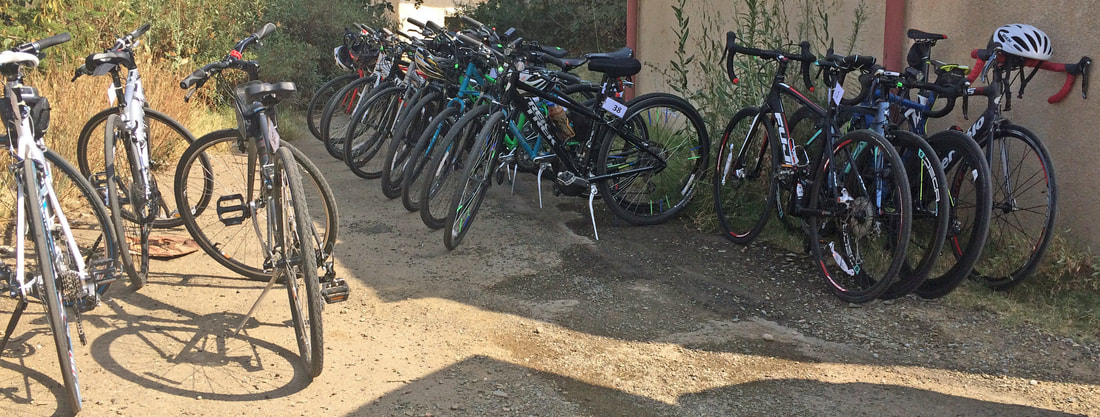
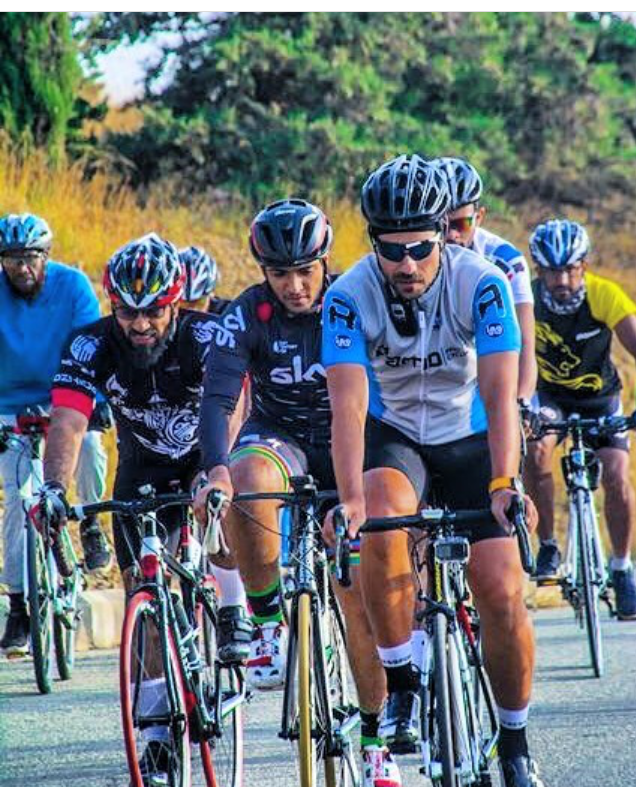
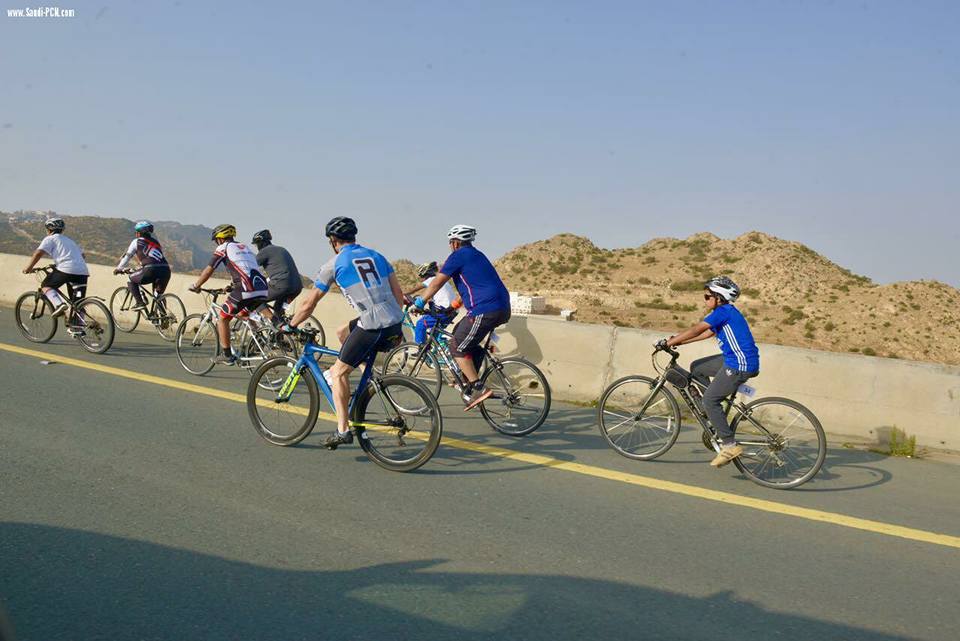
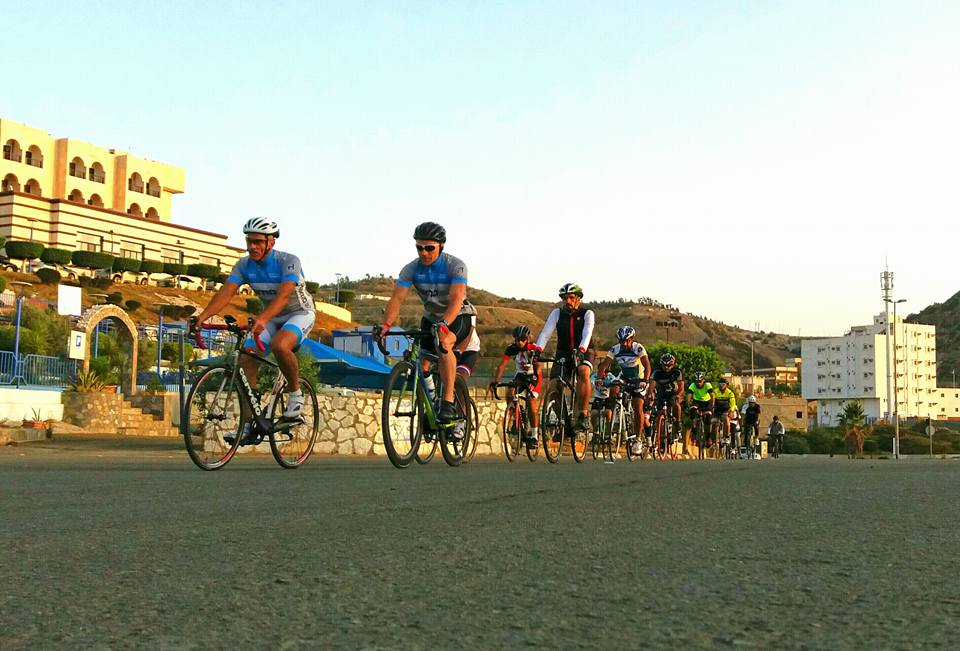
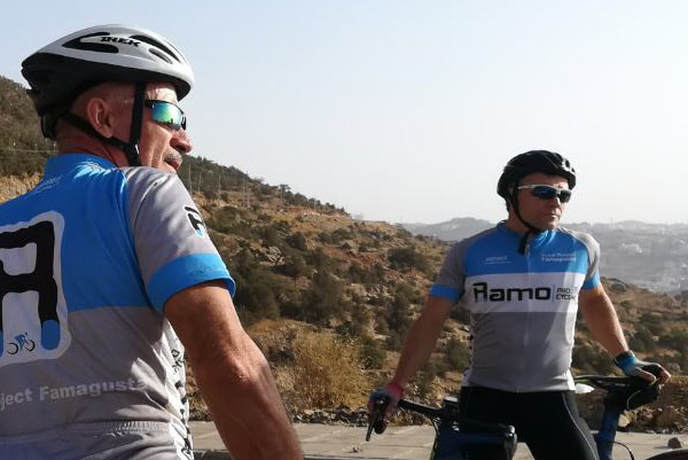
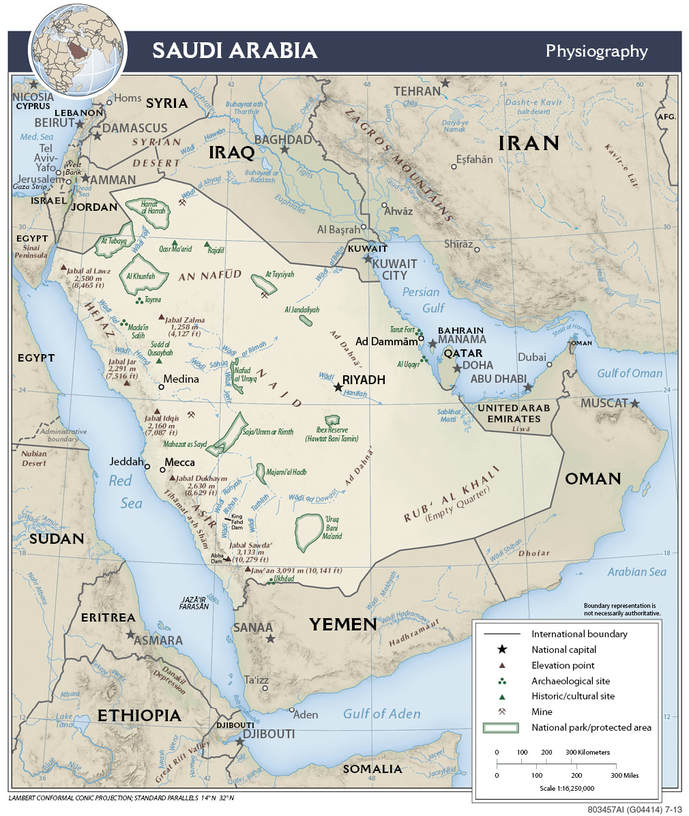
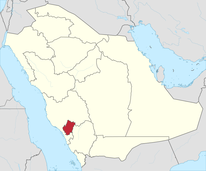
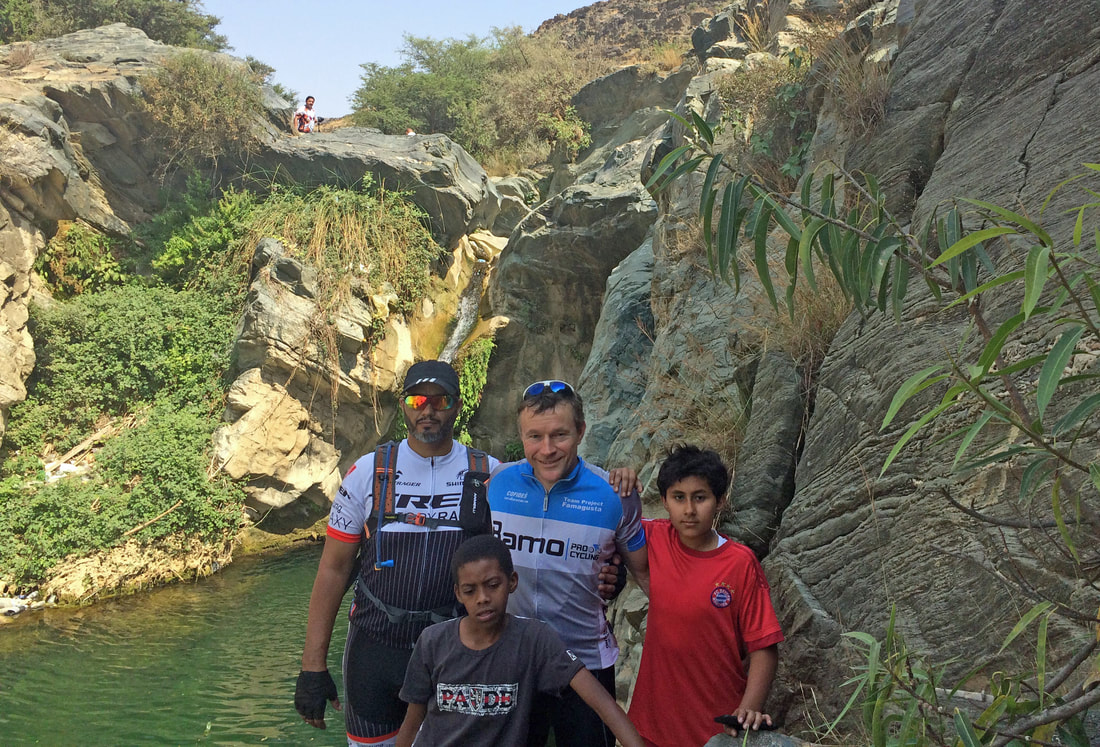
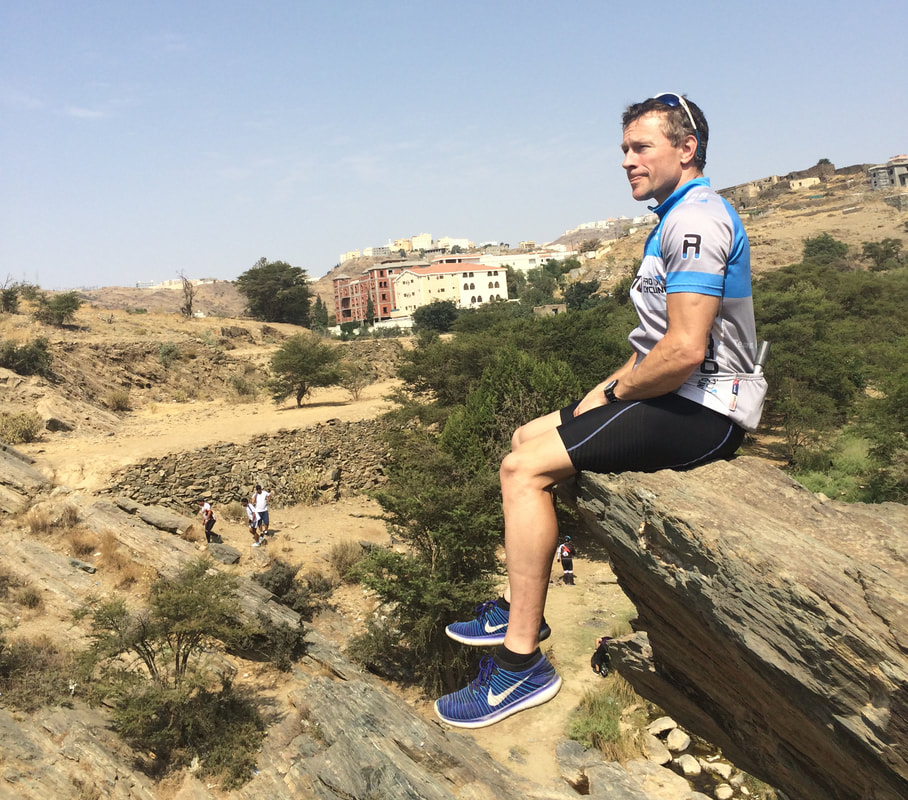
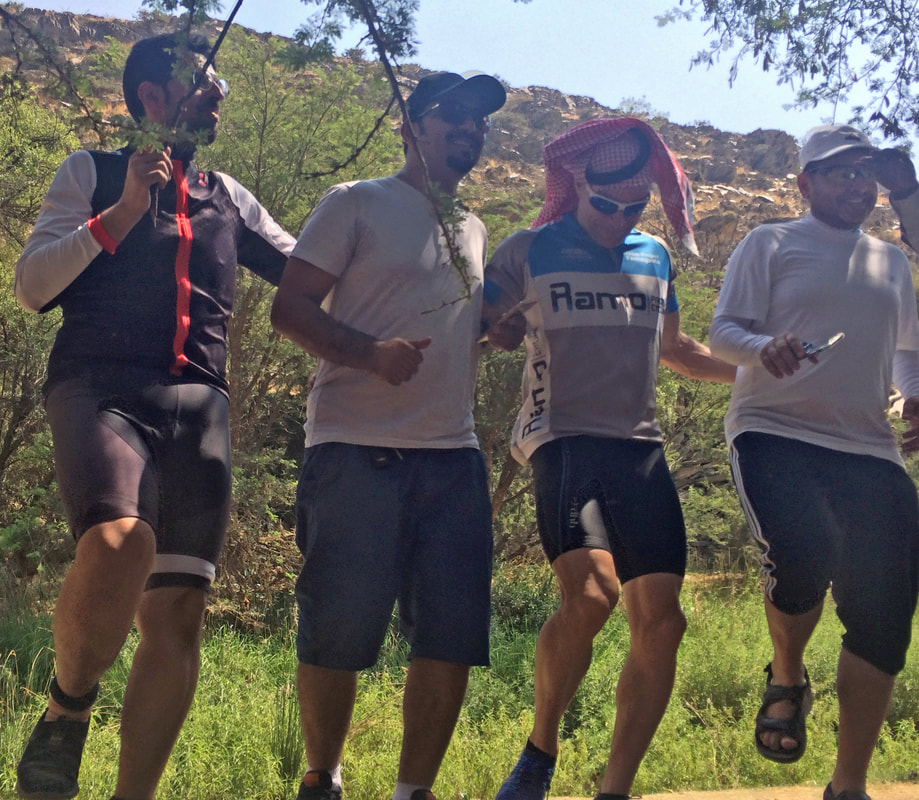
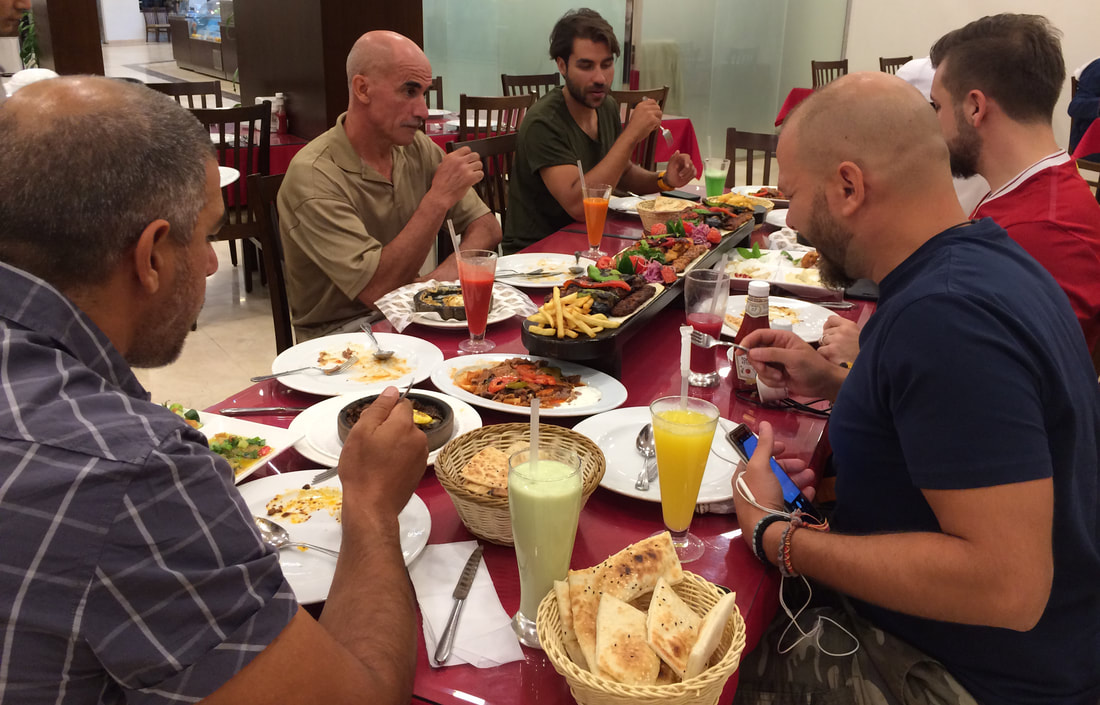
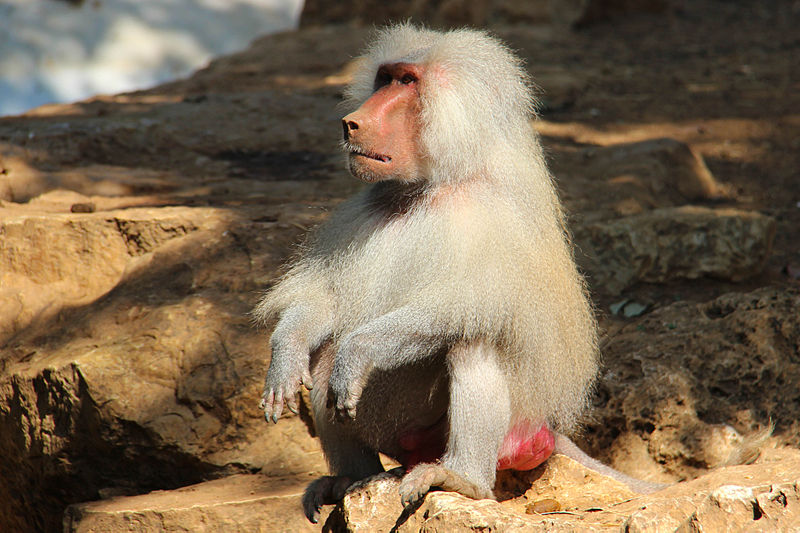
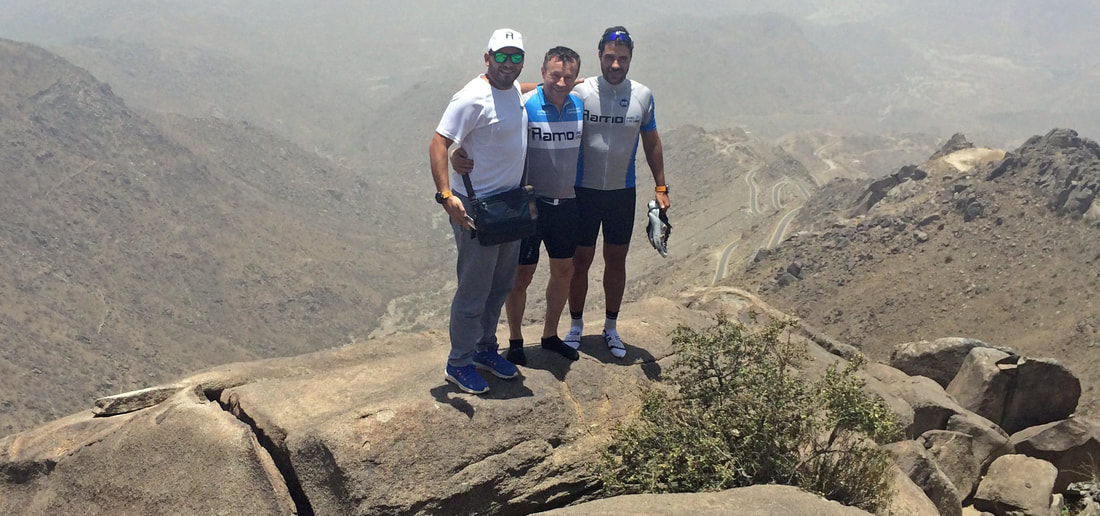





 RSS Feed
RSS Feed
